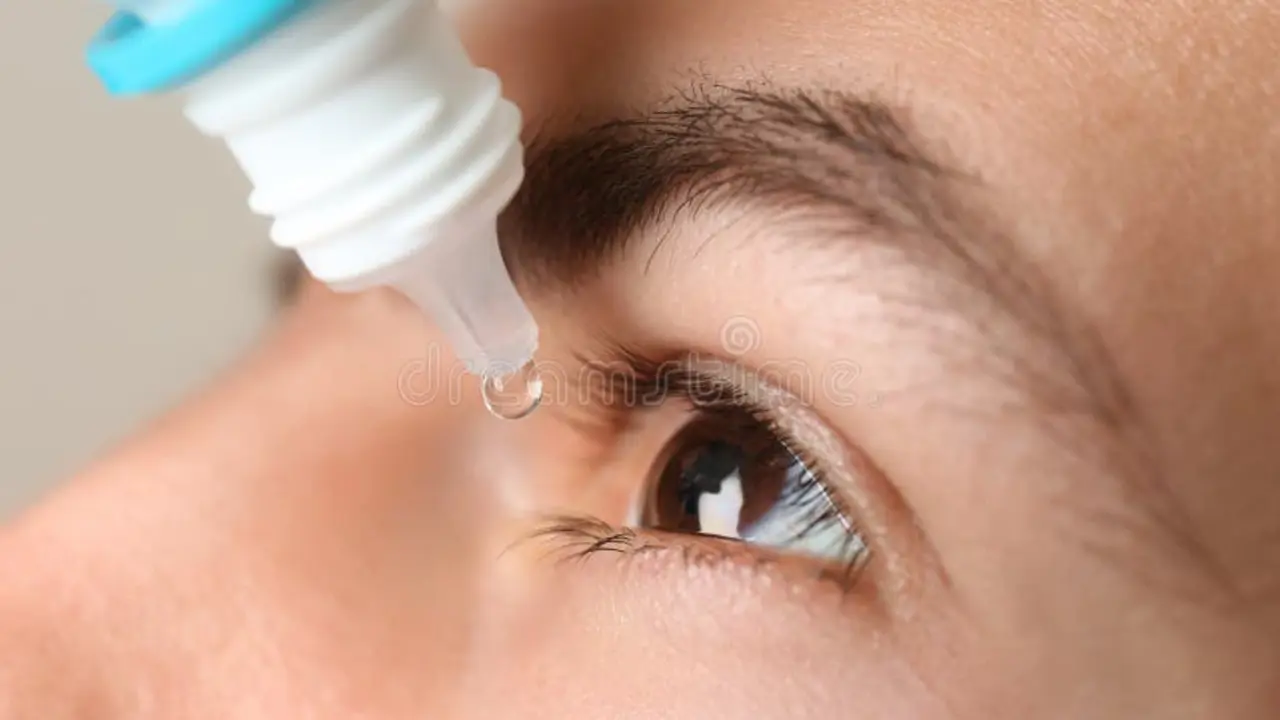Eyecare Routine: Daily Habits to Protect Your Vision
You don’t need fancy products to look after your eyes. Small, consistent moves each day make a big difference. Below are clear, practical habits you can use right now—whether you work at a screen, wear contacts, or just want to keep your eyes comfortable.
Morning and Day Habits
Start the day by washing your face with cool water and blinking a few times to wake your eyes. If you wear contacts, always wash your hands first, then follow your lens-care routine—cleaning solution, proper storage, and replacing lenses as your eye care professional recommends.
For screen work, try the 20-20-20 rule: every 20 minutes look at something 20 feet away for 20 seconds. That simple break relaxes the focusing muscles and cuts down on eye strain. Keep screens at arm’s length, raise text size slightly, and dim overly bright backgrounds. If you feel dry, use preservative-free artificial tears—one or two drops as needed.
Protect your eyes outdoors. Pick sunglasses that block 100% UVA and UVB. Wraparound frames help when the sun is low or reflective (snow, water, sand). If you’re doing yard work or DIY, wear safety glasses—one second of flying dust can cause lasting damage.
Nighttime and Weekly Care
Before bed, remove all eye makeup gently. Replace mascara every three months and toss any liners you’ve had for a while to lower infection risk. Avoid sleeping in contacts unless prescribed for overnight use.
Eat foods that support eye health: leafy greens (spinach, kale), oily fish (salmon), eggs, and nuts. These give lutein, zeaxanthin, omega-3s, and vitamin A—nutrients tied to clearer vision and healthier retinal tissue. Drinking enough water helps, too; mild dehydration makes eyes feel gritty.
Keep your bedroom humidified if your eyes get dry at night. Clean your contact case every day and replace it every three months. Once a week, give your glasses a soapy wash and rinse them—clean lenses reduce squinting and strain.
Watch for warning signs: sudden vision loss, flashes of light, many new floaters, severe pain, or double vision. Those need same-day attention. For routine checks, get a professional eye exam every 1–2 years—more often if you have diabetes, high blood pressure, or a family history of eye disease.
One last tip: cut down on smoking and manage chronic health issues. They raise the risk of glaucoma, macular degeneration, and other problems. Small daily habits—breaks, proper lens care, good sunglasses, solid sleep, and the right foods—add up. Start with one change this week and build from there.

